Gu Zhutong, Commander-in-Chief of the 3rd War Area, was authorized to accept the surrender of Japanese army in Jiaxing, Jinhua, Hangzhou, Ningbo and Xiamen from Japanese army. On September 4, 1945, Han Deqin, deputy commander of the 3rd War Area, accepted the surrender of Japanese 13th Army, Japanese 133th Divisions, Japanese 62th, 91th Independent Brigade groups and Japanese Navy Land Forces in Fuyang County, Hangzhou, east China’s Zhejiang province.
Tang Enbo, Commander of Chinese 3rd Front Army, was authorized to accept the surrender of Japanese 13th Army, Japanese 27th, 60th, 61th, 69th Divisions, Japanese 89th, 90th Independent Brigade groups in Shanghai. On September 11, 1945, Tang Enbo hosted the surrender of Japanese troops in Shanghai. Tang was also authorized to accept the surrender of Japanese 6th Army, Japanese 3th, 34th, 40th, 161th Divisions and Japanese 13th Air Division in Nanjing.
 |

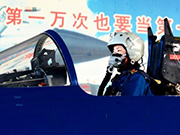 Female Top Guns have display dates
Female Top Guns have display dates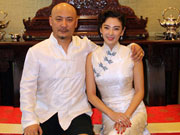 Leading director Wang Quan'an detained for 'buying sex'
Leading director Wang Quan'an detained for 'buying sex'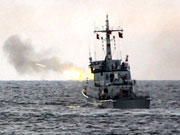 PLA navy conducts live fire drill in East China Sea
PLA navy conducts live fire drill in East China Sea Top 10 Chinese actresses with pretty face
Top 10 Chinese actresses with pretty face Say cheese, kittens and puppies!
Say cheese, kittens and puppies! Top 10 Chinese goddesses selected by S. Korean media
Top 10 Chinese goddesses selected by S. Korean media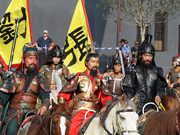 Going back to Three Kingdoms Period in Zhaohua ancient city
Going back to Three Kingdoms Period in Zhaohua ancient city Most amazing chi-pao beauties
Most amazing chi-pao beauties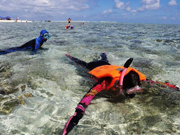 Xisha Islands welcomes first visitors
Xisha Islands welcomes first visitors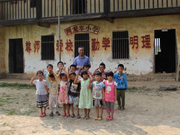 Special thanks to special teachers
Special thanks to special teachers
Day|Week|Month